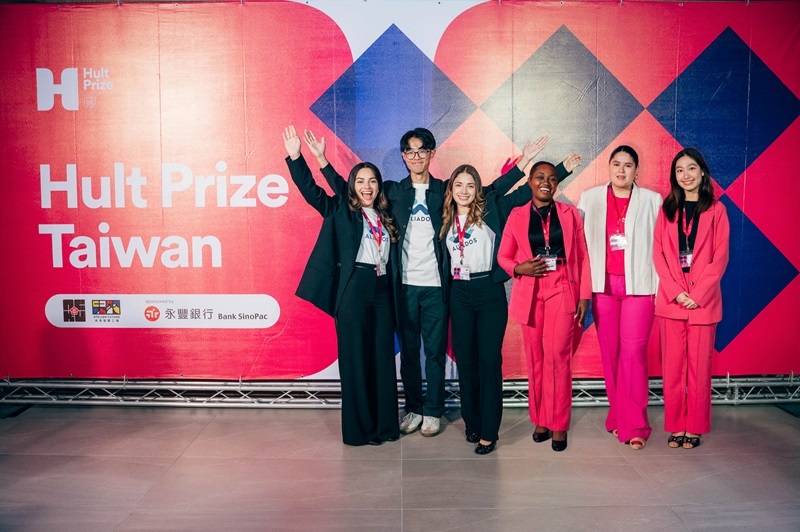
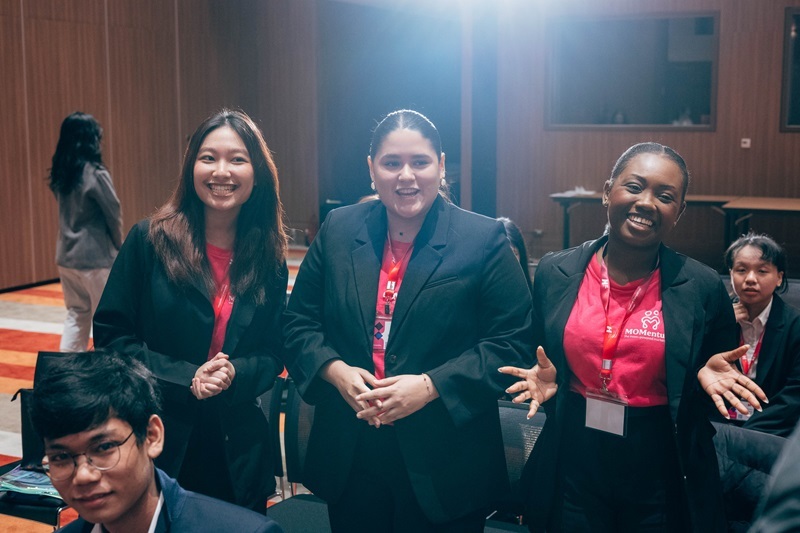
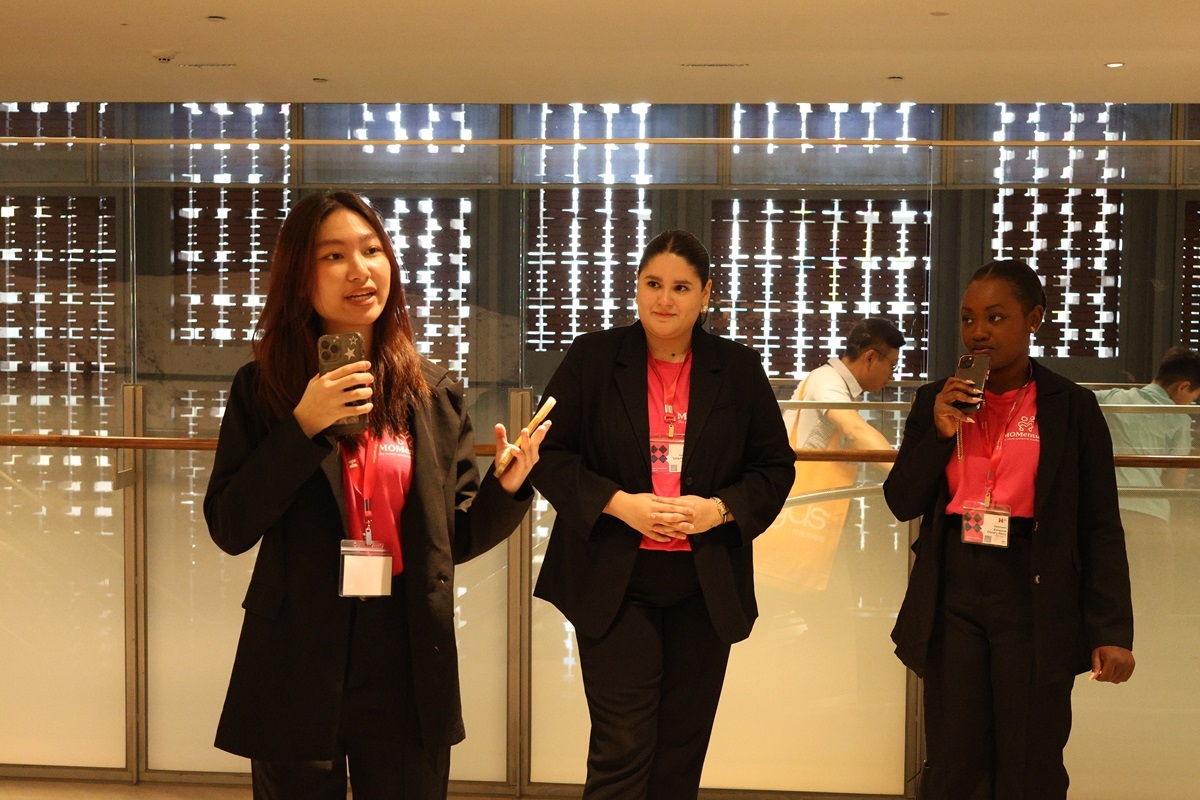
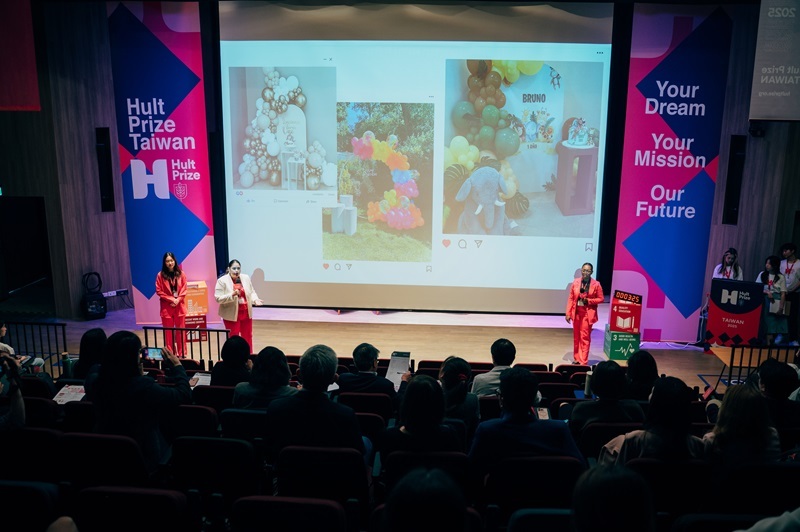
MOMentum is an all-female, multicultural team of undergraduate students from Honduras, Bulgaria, Haiti, and Thailand. The team includes Sofia Fuentes, who leads field operations and partnerships in Latin America; Lora Boycheva, responsible for daily operations and business development; Christy Adneissa, who focuses on research and scaling strategies; and Mill Srirachtrakul, in charge of user research and platform experience.
United by a shared mission to economically empower single mothers, the team created a human-centered online platform that connects mothers with clients seeking community-based services such as cleaning, catering, and decoration. Beyond service matching, MOMentum offers free business, financial, and marketing training to support women in building sustainable microenterprises.
The team has already connected single mothers to paying clients and signed MOUs with both public and private partners—providing early validation and momentum. Reflecting on their experience at the Hult Prize Taiwan National Competition, they described it as a transformative milestone. With mentorship and judges’ feedback, they sharpened their business model, strengthened internal collaboration, and gained the confidence to communicate their social impact strategy. The experience reinforced their belief that meaningful change requires not only vision, but also execution, resilience, and a supportive ecosystem.
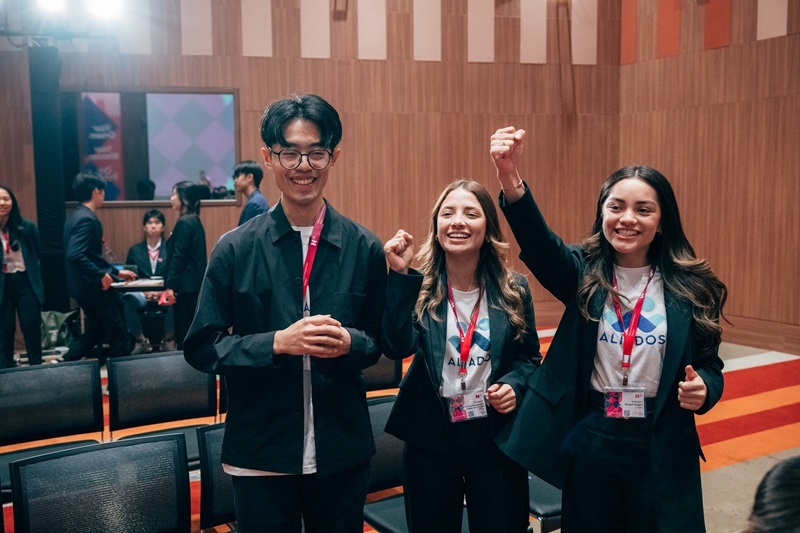
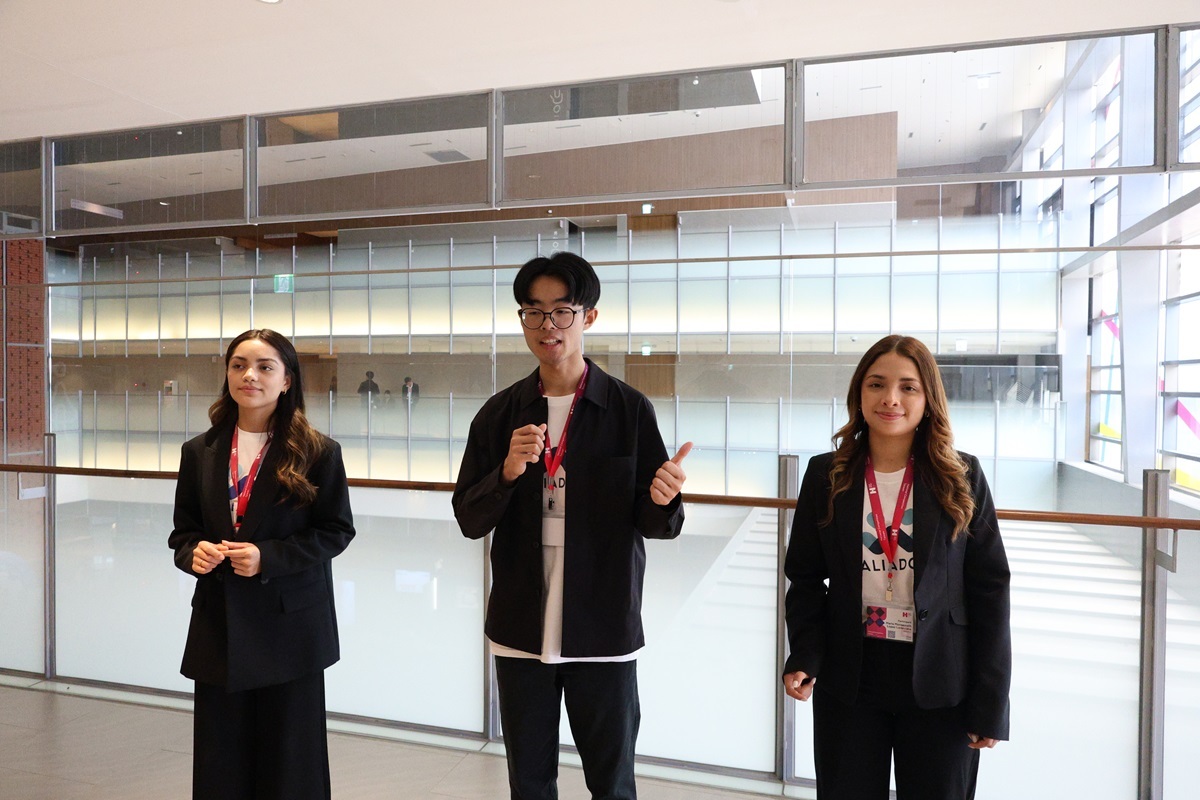
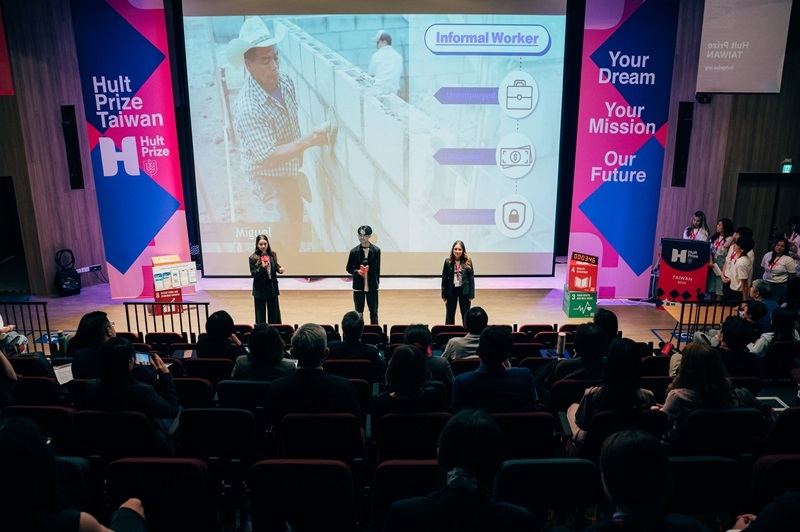
Aliados: Building a Path from Informality to Opportunity
Aliados is a multicultural team composed of Abigail Duarte from Honduras, Monserrat Lopez from Guatemala, Chiu Yin from Taiwan, and Tommy Ngu, a former exchange student from the University of Montreal in Canada. United by firsthand exposure to the global challenge of informal labor, the team shares a mission to create inclusive, long-term solutions for underserved workers in Latin America.
Their digital platform aims to expand access to dignified, stable employment by helping informal workers secure safer jobs, build financial identity, and pursue sustainable growth. Drawing inspiration from their studies in Taiwan—where digital tools are widely integrated into daily life—the team developed a mobile and AI-enabled solution adapted to Latin American contexts, emphasizing gradual adoption, cultural sensitivity, and trust-building.
The journey was both challenging and rewarding, particularly as the team needed to raise awareness about informal labor among audiences less familiar with the issue. With mentorship from CEOs, investors, and social entrepreneurs, they refined their business model, enhanced their storytelling, and broadened their vision for social impact. Judges and mentors later shared that Aliados’s pitch offered fresh perspectives on systemic exclusion and the resilience of underserved communities—affirming the team’s belief in human-centered innovation grounded in lived experience.
CICII’s Role in Empowering Changemakers
The success of both teams was made possible through the strong support of National Chengchi University’s Center for Industry Collaboration and Innovation Incubation (CICII). The Center provided one-on-one mentorship, expert business model guidance, and intensive pitch training to prepare the teams for the competition. In addition to entrepreneurial coaching, CICII also supported strategic planning, resource integration, and administrative coordination. This comprehensive support reflects CICII’s continued commitment to fostering campus-based innovation and empowering student entrepreneurs to transform bold ideas into feasible, innovation-driven entrepreneurial solutions.
- 最近修訂
- 2025-05-02 14:05:24